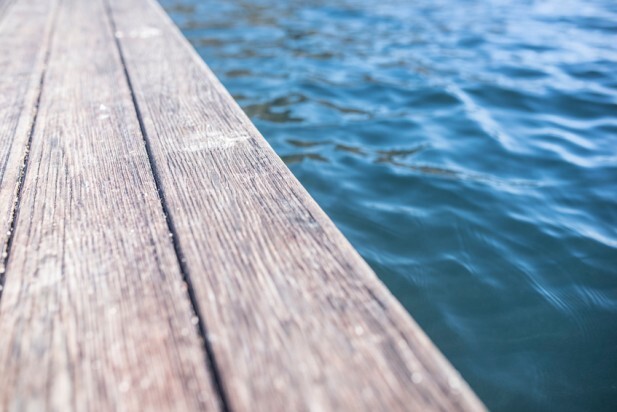Look Before You Leap: Shallow Water Diving

There are many ways that people engage in water sports, but often getting into the water means diving from a dock, pier, platform, balcony or boat. These activities, while fun, can be fraught with hidden dangers when diving into unfamiliar waters.
In Ontario, diving related accidents accounted for nearly 60% of all recreation related spinal cord injuries over a 35-year period. This amounts to close to 60 major spinal injuries per year in Ontario alone. Of these reported injuries, 90% result in complete or incomplete quadriplegia. Approximately 50 per cent of victims are 15-24 years of age. The result is that most victims incur long periods of disability and face an enormous financial burden to pay for the care they require.
A person injured diving into a pool or a lake may be able to recover some of their lost wages and future care costs if their accident occurs on private property. Landowners, particularly those with docks and swimming pools, who are aware that the water on their property may be unsuitable for diving, have a duty to warn others of the shallow depth of the water. In addition, under the Occupiers Liability Act, a property owner owes a duty of care to take reasonable steps to ensure that people using his or her property are safe.
While a warning sign alone may be enough to lessen liability, injuries may still occur. This risk of injury is enhanced by the annually low water levels that we continue to see in the Upper Great Lakes. It has become more important than ever to look before you leap.
Click here to learn about Oatley Vigmond’s 2016 Summer Water Safety Contest!
